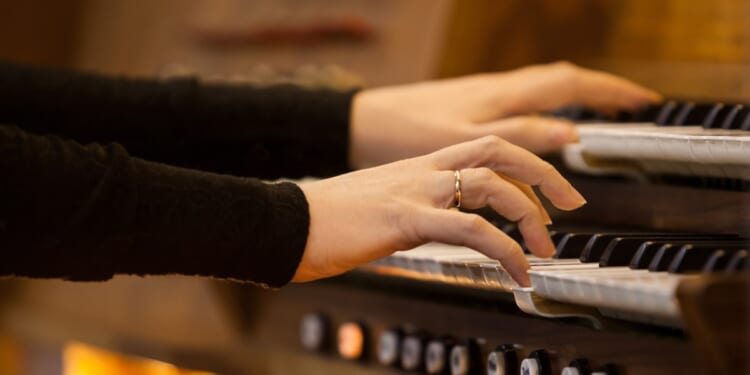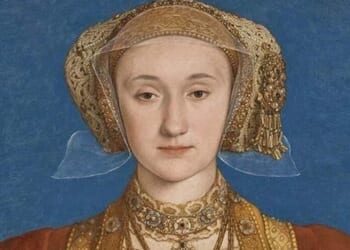WHEN the post of Town Cantor at Leipzig fell vacant in 1723 with the death of Johann Kuhnau, the city council held a series of auditions for the job. For their concert “The Great Audition of Leipzig”, in the Wigmore Hall, London, last month, Paul Agnew and Les Arts Florissants created an imaginary audition with cantatas from Kuhnau and the two candidates.
The works were all peaceful and reflective rather than exuberant and virtuosic, and I wondered whether this reflected a brief which has not survived. The music presented was variable in quality, but with playing and singing of such refinement and expertise, it was all Division One.
The council’s first choice was Georg Philipp Telemann, who remained in Hamburg after a substantial salary increase. He was represented here by his cantata Wer sich rächet (TWV 1:1600), which deals with God’s judgement on those who seek revenge. Paul Agnew, himself an ex-choral scholar and distinguished soloist, directed his one-to-a-part ensemble with intelligence and grace, sculpting some lovely moments within phrases. The tenor Thomas Hobbs was an eloquent advocate for peace and joy in his aria “Fried und Liebe”.
In Johann Kuhnau’s 1722 Lobe den Herrn, meine Seele, the countertenor Maarten Engeltjes and the bass Edward Grint blended with unobtrusive virtuosity in the opening “Praise the Lord, O my soul”. Engeltjes filled his cheery triple-time aria Der deinen Mund fröhlich machet with genuine joy.
The grave and gentle opening chorus of Christoph Graupner’s Aus der Tiefen rufen wir, a paraphrase of Psalm 130, has two plangent oboes and sustained strings crying from the depths for God’s help — in vain, as his employer in Darmstadt refused to release him. This may be a cause for slight regret, as the setting of the internal recitatives shows considerable skill and sensitivity.
The first of Bach’s two audition pieces, Jesus nahm zu sich die Zwölfe (BVW 22), uses the three lower soloists for a work of masculine gravity, as Christ speaks to his disciples. Du wahrer Gott und Davids Sohn (BWV 23) began with another beautifully blended duet, a plea for Christ’s help and comfort, between Engeltjes and the soprano Violaine Le Chenadec. Neven Lesage’s curling oboe and Agnew’s nicely judged pulse left no doubt that this comfort would be given. The chorus, four other singers augmenting the soloists, were clear and thoughtful throughout.
In the end, Bach was appointed. “Since it is not possible to get the best, we should chose somebody average,” one Leipzig councillor sniffed. History’s verdict has been rather different.

















